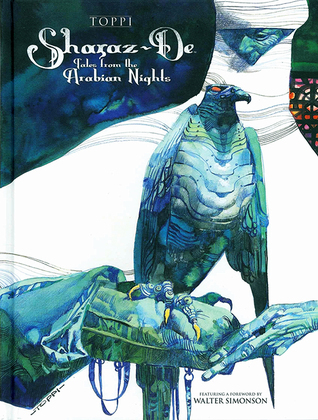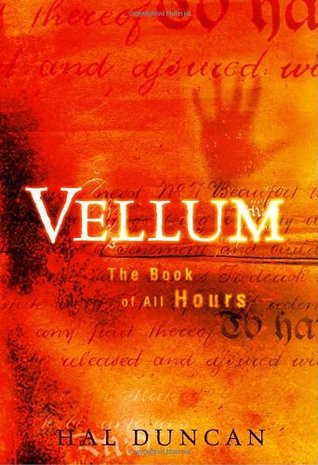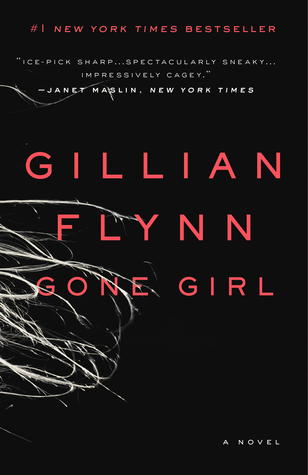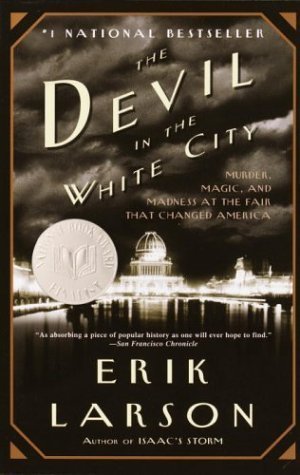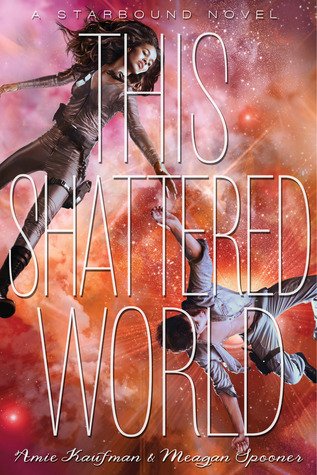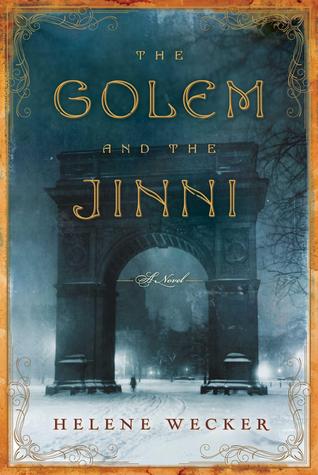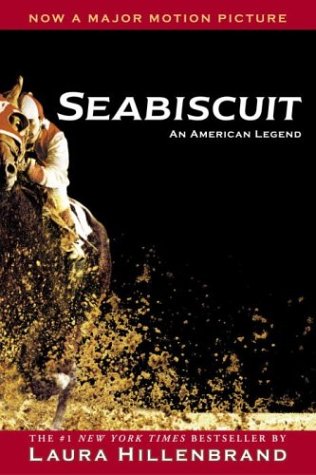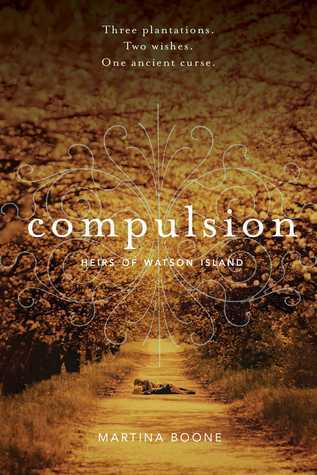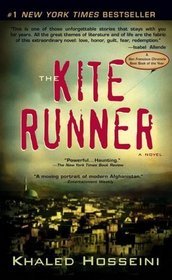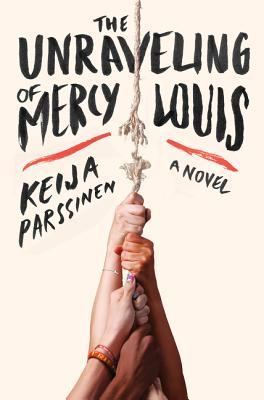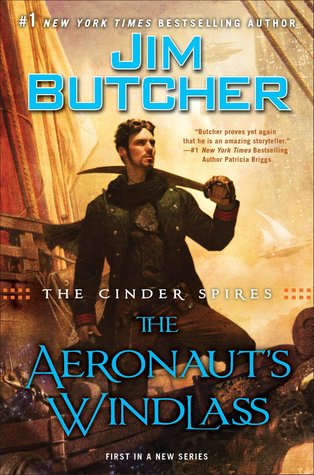Hello fellow readers! I've made quite a bit of progress on my reading challenge since I last updated it, and thought I should get around to that! I only have a handful of books left to read for this, two of which should be quite short (the graphic novel and the play) so I think I'm in good shape for finishing this before the end of the year!
Completed
-A book that became a movie. I read
Monuments Men for this one, and really liked it. I thought it was going to closely overlap with
The Rape of Europa, which I read in school, but it didn't. It's much more of a narrative history, and includes tons of stuff that
Europa didn't even touch on in regards to the Monuments Men and their efforts to protect Europe's treasures during the Allied advance.
-A book more than 100 years old. I'd originally planned to use 20,000 Leagues Under the Sea for this, but I really wasn't feeling that, so I read
A Little Princess instead. Published in 1905, it fit the category, and I liked the story. I remember having a movie when I was little that had a preview for
A Little Princess' film adaptation attached, but I never actually saw the adaptation. Now I think I can see where some of the preview imagery was coming from!
-A book that came out the year you were born. I read
Outlander for this category, and had mixed feelings about it. That said, I'm reading on in the series, and have started
Dragonfly in Amber. I basically want to get to the books where Brianna becomes more of a character. It seems like she does from the descriptions, and I hope that's true, because I think I'll like her more than I like Claire.
-A book from an author you love but haven't read yet. I read Tamora Pierce's
Battle Magic for this, and was quite disappointed. I feel like a lot of the problems I had with it came from its nature of being an mid-quel--a book written after two other books, but taking place between them. It felt like Pierce was more locked into the plot than in others, and that she couldn't really develop things as she normally would have, which meant the magic I so frequently find in her books was lacking.
-A book at the bottom of your to-read list. I used
Seabiscuit for this. It wasn't numerically at the bottom of my to-read list, but my list isn't actually sorted by "want" as much as "when added," so it doesn't correspond much. After checking
Seabiscuit out, I realized I had the wrong horse story in mind and pretty much lost my interest in reading it--at which point I realized I could use it for this category. And when I started reading it, I liked it quite a bit! What a pleasant surprise.
-A book from your childhood. I asked for the wonderful anniversary edition of the Harry Potter box set for my birthday last month, and quickly read
Harry Potter and the Sorcerer's Stone for this. I read the book initially when I was pretty young (probably 9 or 10, I'd say) but it was definitely just as magical today as it was then.
-A book that scares you. This was another category I ended up inadvertently filling, with
The Glittering World. It was definitely very creepy and made me sort of nauseous, in a weird way. Books never scare me in a "keeps you up at night" sort of way (TV shows do, though!) so I think this was as close as I'm going to get for this category.
-A book with a love triangle. I read
Endless Knight for this, along with its sequel
Dead of Winter. The love triangle starts in
Endless but doesn't
really get going until
Dead, so I think they're best paired together for this category.
-A book set in high school. When I couldn't get my hands on
Perks of Being a Wallflower, I read
The Unraveling of Mercy Louis instead. While I found the writing beautiful and the story compelling, I was frustrated by the ambiguity of the ending.
-A banned book. As planned, I read
The Kite Runner for this. I can see why people banned it in certain schools and areas, though I heartily disagree with their ideas for doing so, and feel that the beauty of the book and the compelling plot line more than outweigh any cursing or "dangerous" depictions of homosexuality that people object to.
Still to Go
-A classic romance. I picked up
Anna Karenina at a used bookstore a while back, so I'm going to use that one.
-A book written by someone under 30. I really didn't want to read
Divergent for this, so I went to the NaNoWriMo Facebook group and asked for suggestions. Allison Beckert volunteered her book
Mishap Mansion as fitting this category, due to her age, so I bought it. Now I just have to get around to reading it!
-A popular author's first book. I wanted to go with a big author for this one, and because Terry Pratchett died recently, I've settled on
The Carpet People.
-A Pulitzer Prize-winning book. Like pretty much everyone else out there, I'm going to knock this one out with
All the Light We Cannot See.
-A book you were supposed to read in school but didn't. I was a good student and read the books I was assigned, and I could only think of one exception that wasn't an actual textbook:
Affairs of Honor. It's apparently about early congressmen, senators, etc. being bitchy to each other, so it shouldn't be too bad of a read.
-A graphic novel.
Sharaz-de is a graphic novel inspired by 1001 Arabian Nights, and I've been eyeing it up for a while now. Plus, Scheherazade is pretty much my favorite fairy tale ever.
-A book that takes place in your hometown. After finding that
The Dressmaker didn't really work for this one, I've re-directed myself toward
Second Position by Katherine Locke. This takes place in DC.
-A play. I haven't decided on this yet, though I'll probably keep it basic and do Shakespeare.
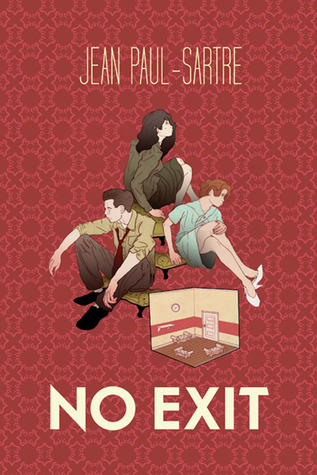 For a play, I decided to forgo Shakespeare, which had been my original plan, and read No Exit instead. No Exit is a play that a lot of people have heard of, but I'm not sure how many people know that they've heard of it; it's the origin of the line "Hell is other people." The plot follows three people who get put together in a single room in Hell, so that they can annoy each other for all eternity. There is, of course, a love triangle involved. I found all of the people extremely annoying, just as bothersome to myself as to each other, and I couldn't wait to be parted with them...which doesn't bode very well for a play. But then, plays are a weird thing, because they're not meant to be read. They're meant to be watched and performed. I've never seen No Exit performed, and it's quite likely that I'd have a different reaction to it if I did. Like some of the other categories in the Popsugar Reading Challenge, this one seems weird to me, because you can't really get the full feel of a play by just reading it. Based on my reading, though, I'm going to have to go with a 2-star rating.
For a play, I decided to forgo Shakespeare, which had been my original plan, and read No Exit instead. No Exit is a play that a lot of people have heard of, but I'm not sure how many people know that they've heard of it; it's the origin of the line "Hell is other people." The plot follows three people who get put together in a single room in Hell, so that they can annoy each other for all eternity. There is, of course, a love triangle involved. I found all of the people extremely annoying, just as bothersome to myself as to each other, and I couldn't wait to be parted with them...which doesn't bode very well for a play. But then, plays are a weird thing, because they're not meant to be read. They're meant to be watched and performed. I've never seen No Exit performed, and it's quite likely that I'd have a different reaction to it if I did. Like some of the other categories in the Popsugar Reading Challenge, this one seems weird to me, because you can't really get the full feel of a play by just reading it. Based on my reading, though, I'm going to have to go with a 2-star rating. My pick for "A book you should have read in school but didn't" was pretty much the only book that I could remember not reading for a class, Affairs of Honor. This is a book about the Founding Fathers' generation politicking and how politics was tied up with personal honor, all of it building up to the election of 1800. While the concept is interesting, and it did reveal a few things I didn't know about American history, I wasn't thrilled with it overall and can remember why I started but decided not to finish it for my class. The thing is, it's boring. This is not a popular history book. It's decidedly academic, which means that it beats you over the head with its message--that honor played into politics--until you're pretty much ready to scream that yes, you get it, and you're ready to move on. The moving on, however, never happens. Blargh. 2 stars, because I learned a few things, but I was bored out of my mind while I did it.
My pick for "A book you should have read in school but didn't" was pretty much the only book that I could remember not reading for a class, Affairs of Honor. This is a book about the Founding Fathers' generation politicking and how politics was tied up with personal honor, all of it building up to the election of 1800. While the concept is interesting, and it did reveal a few things I didn't know about American history, I wasn't thrilled with it overall and can remember why I started but decided not to finish it for my class. The thing is, it's boring. This is not a popular history book. It's decidedly academic, which means that it beats you over the head with its message--that honor played into politics--until you're pretty much ready to scream that yes, you get it, and you're ready to move on. The moving on, however, never happens. Blargh. 2 stars, because I learned a few things, but I was bored out of my mind while I did it. Finally, I had to fulfill the category of "A popular author's first book," for which I selected Terry Pratchett's The Carpet People. Upon actually opening the book, I found a foreword that said that this version of The Carpet People isn't actually the original version, which kind of threw a wrench in my plans, but it was too late to select another title, so I just kept going. The thing is, The Carpet People was Pratchett's first novel, but when he became famous, he decided to re-publish it with some changes that he made as a more developed writer. It's my firm opinion that authors shouldn't get to re-tinker with books that have been previously published, because once it's out there, it's out there, but I guess when you're Terry Pratchett you're so beloved (and so missed; I picked this one because Pratchett had just passed away when I began this challenge) that you can do pretty much whatever the heck you want. That said, The Carpet People was a cute fantasy story set in your very own living room carpet, wherein lives its own civilization of minute size. The Munrungs, part of the Dumii empire, find their home destroyed by Fray (the vacuum?) and are then attacked by fierce creatures called mouls. Driven from their home, they end up leading the charge to reclaim the empire from the mouls. It's not a terribly complex story, but it's a very cute one and shows off the creativity that later blossomed into Pratchett's vibrant Discworld series. 3.5 stars.
Finally, I had to fulfill the category of "A popular author's first book," for which I selected Terry Pratchett's The Carpet People. Upon actually opening the book, I found a foreword that said that this version of The Carpet People isn't actually the original version, which kind of threw a wrench in my plans, but it was too late to select another title, so I just kept going. The thing is, The Carpet People was Pratchett's first novel, but when he became famous, he decided to re-publish it with some changes that he made as a more developed writer. It's my firm opinion that authors shouldn't get to re-tinker with books that have been previously published, because once it's out there, it's out there, but I guess when you're Terry Pratchett you're so beloved (and so missed; I picked this one because Pratchett had just passed away when I began this challenge) that you can do pretty much whatever the heck you want. That said, The Carpet People was a cute fantasy story set in your very own living room carpet, wherein lives its own civilization of minute size. The Munrungs, part of the Dumii empire, find their home destroyed by Fray (the vacuum?) and are then attacked by fierce creatures called mouls. Driven from their home, they end up leading the charge to reclaim the empire from the mouls. It's not a terribly complex story, but it's a very cute one and shows off the creativity that later blossomed into Pratchett's vibrant Discworld series. 3.5 stars.